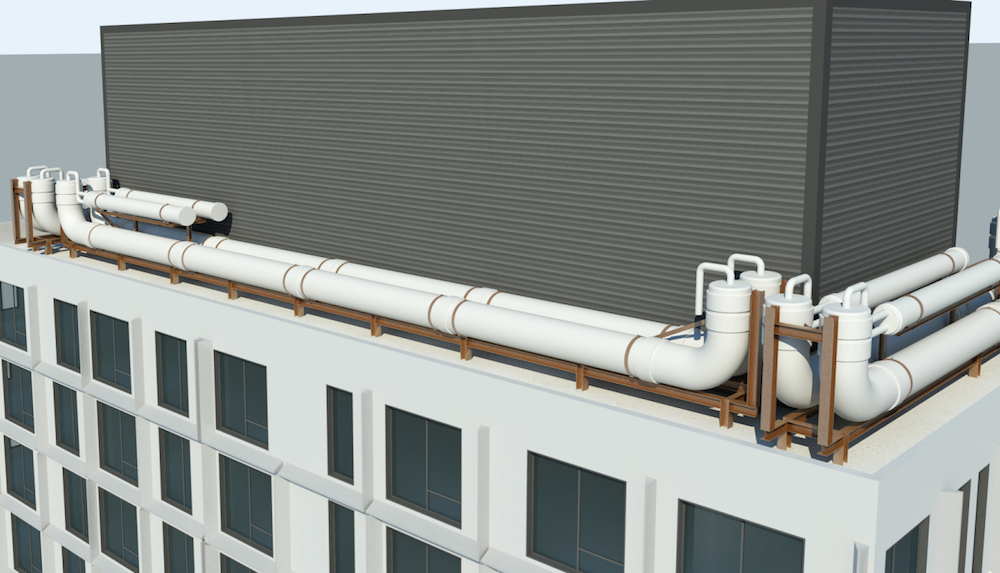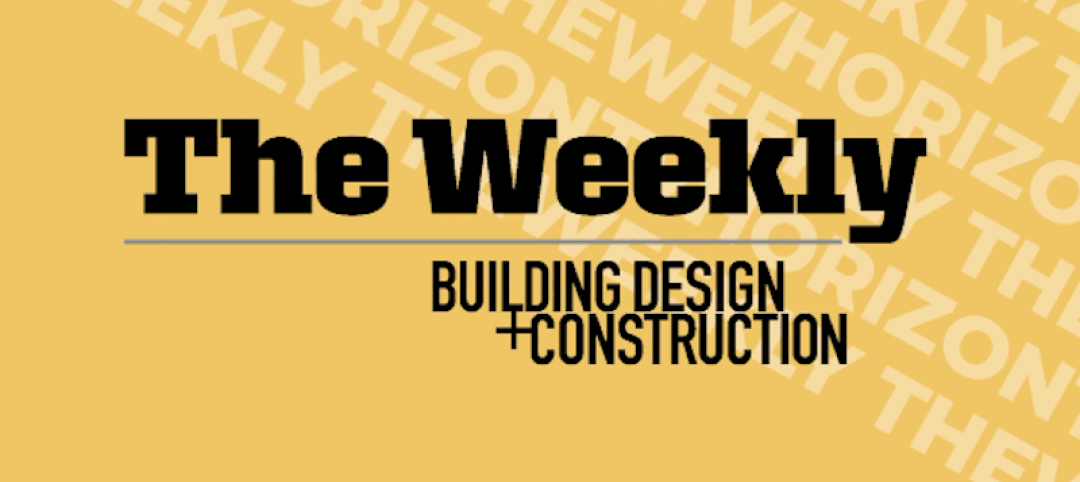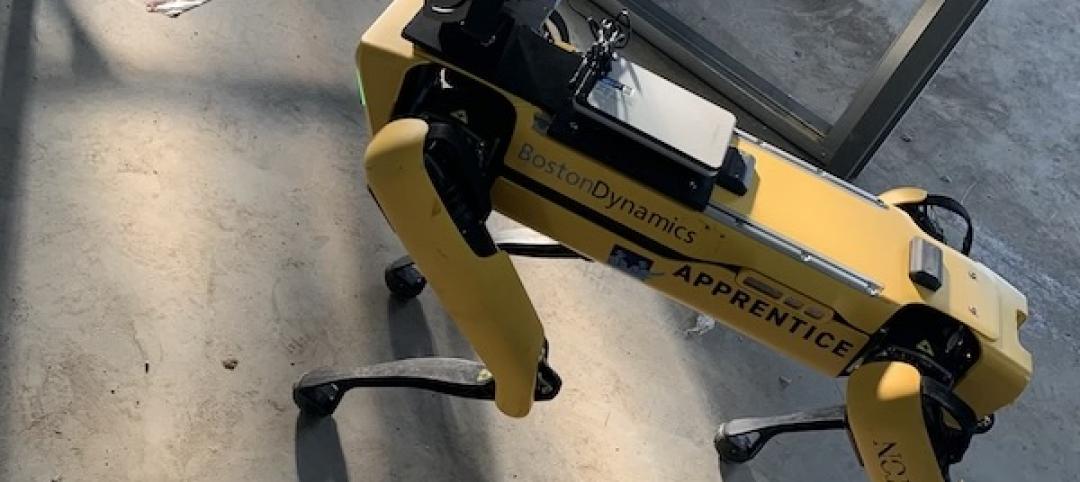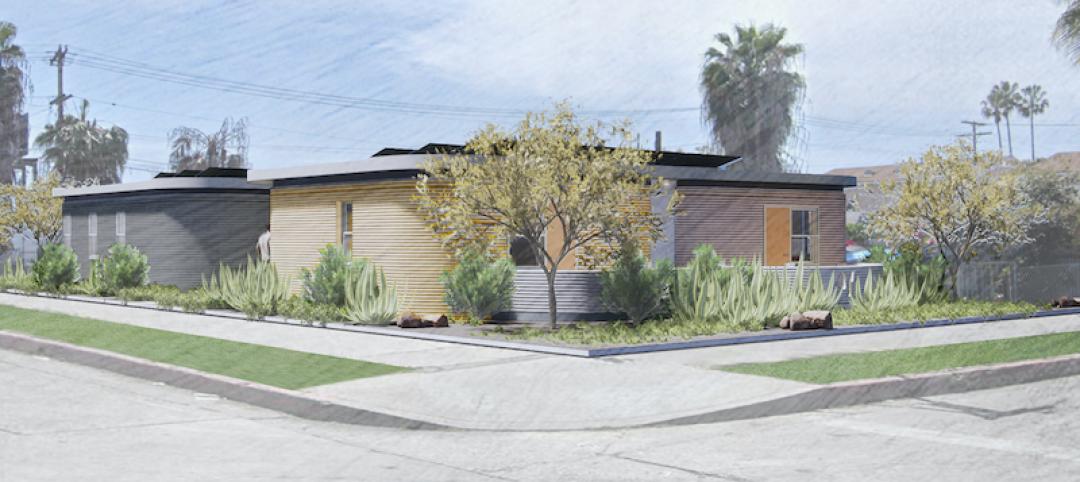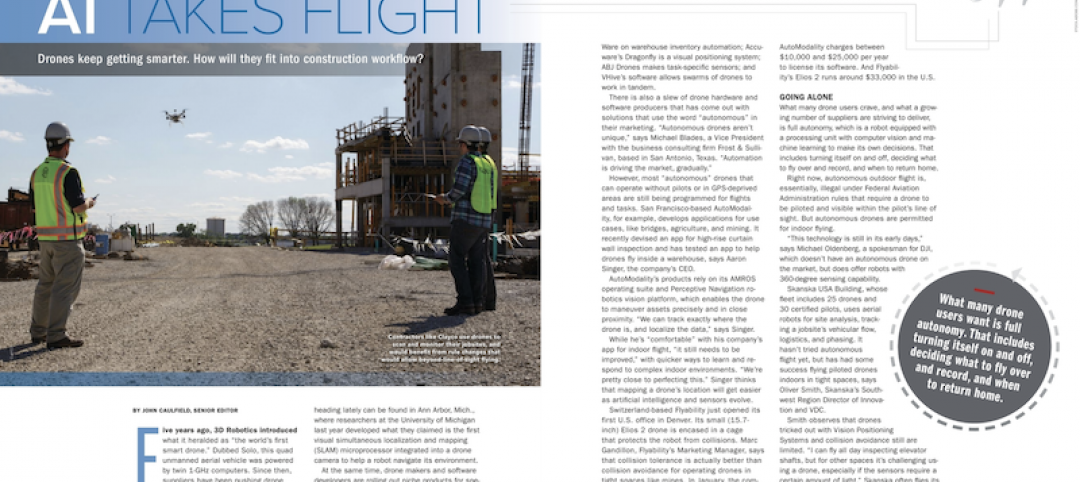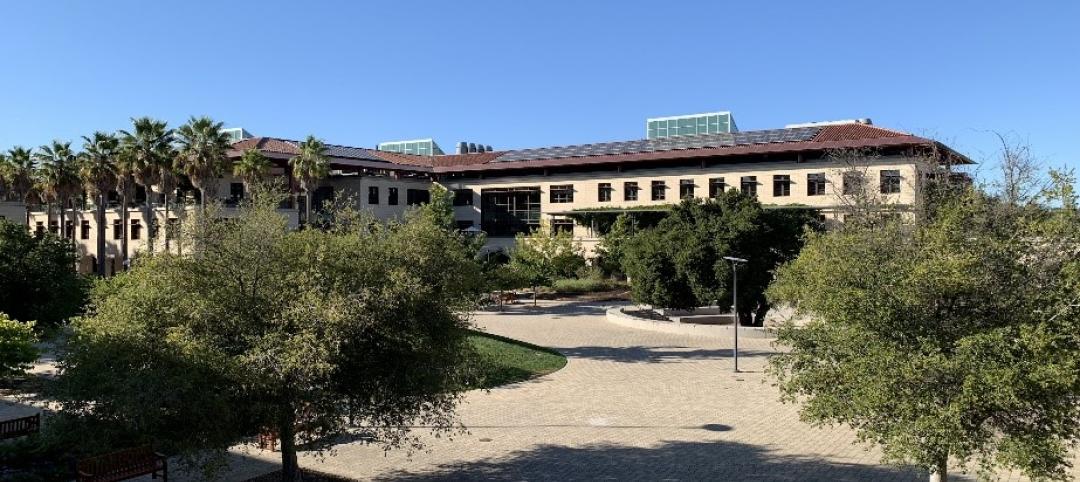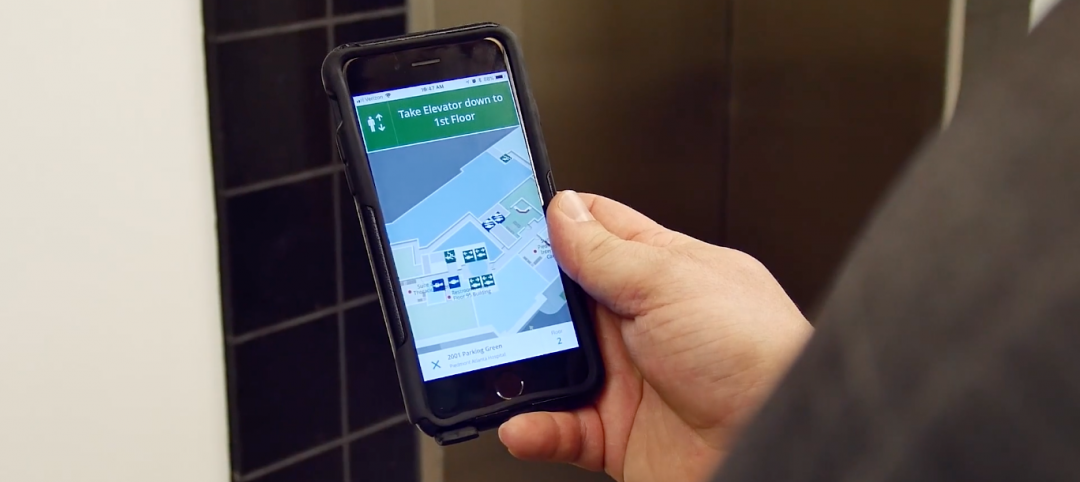The engineering firm Thornton Tomasetti has announced the launch of TTWiiN, a privately held company that will develop and commercialize new tech.
TTWiiN, which is a name based on “Thornton Tomasetti Weidlinger Innovation accelerator,” will initially feature six products:
- Spectacles Suite includes a web application that allows users to view and share 3D and building information models on the web and a virtual reality platform.
- Vibration Solutions, products that mitigate structural vibrations for tall buildings, long-span structures and bridges.
- WAimat Suite, a trio of software tools that facilitate advanced material modeling.
- PZFlex, a finite-element simulation software package for the design and development of piezoelectric and ultrasonic devices.
- Pumpkin Mounts, new shock-and-vibration insolation mount technology.
- Fuel-Injection Technology, which allows better control of fuel in the system during each cycle for more efficiency and power.
The company has its own tech incubator, CORE R&D. The plan is to add new products to TTWiiN from the program every year.
“TTWiiN gives us a platform to drive innovation in our industry and beyond,” Thomas Z. Scarangello, P.E., Chairman & CEO, Thornton Tomasetti, said in a statement. “We are taking technologies that are developed in our CORE R&D incubator and tested in real-world scenarios, then providing the necessary support and leadership to accelerate them to the next level.”
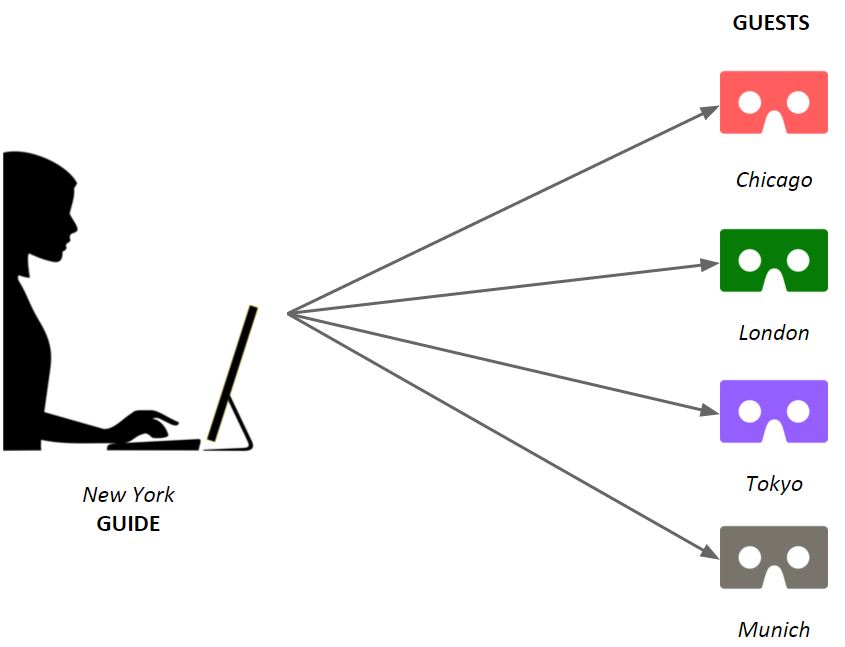 Spectacles Suite includes VRX, a virtual reality platform that enables a guide to work with multiple guest users on a project model.
Spectacles Suite includes VRX, a virtual reality platform that enables a guide to work with multiple guest users on a project model.
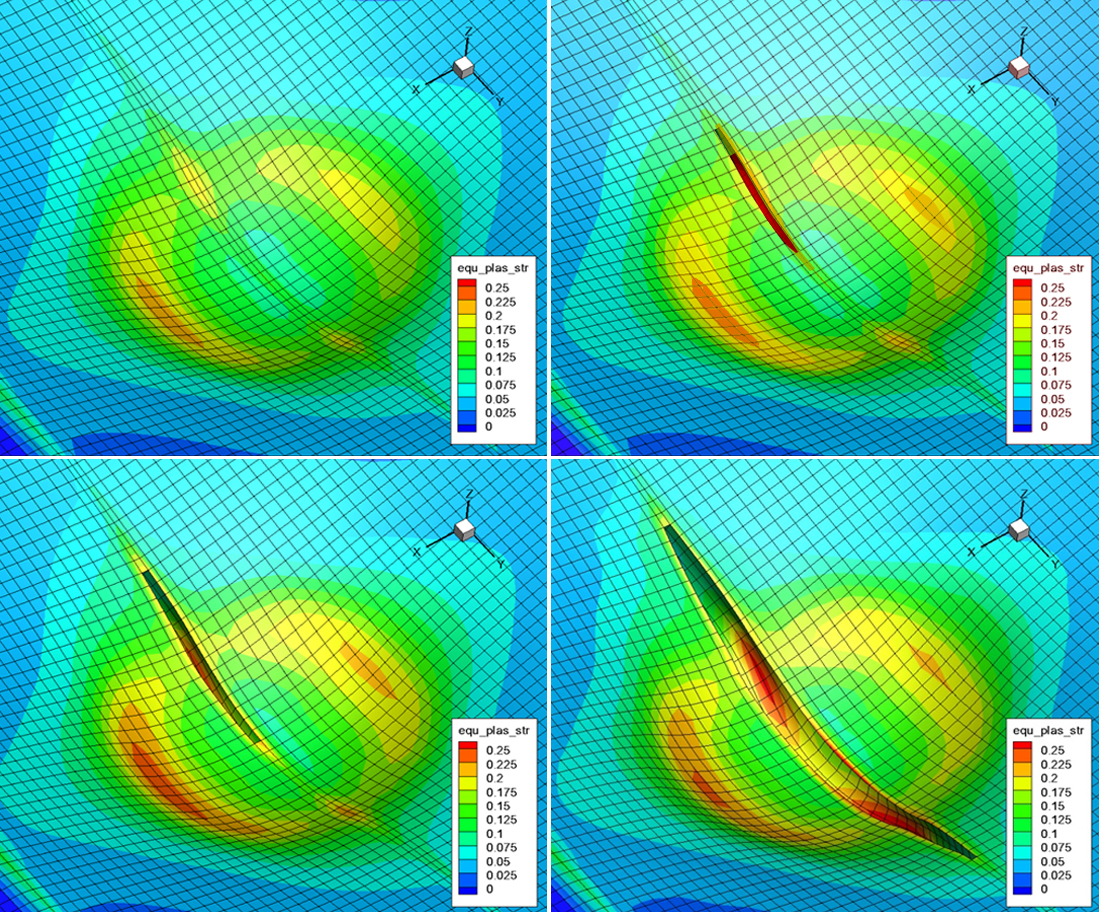 These images, created with WAidam, show the distribution of equivalent plastic strain around a propagating crack in a simulation of a welded plate subjected to idealized ship grounding.
These images, created with WAidam, show the distribution of equivalent plastic strain around a propagating crack in a simulation of a welded plate subjected to idealized ship grounding.
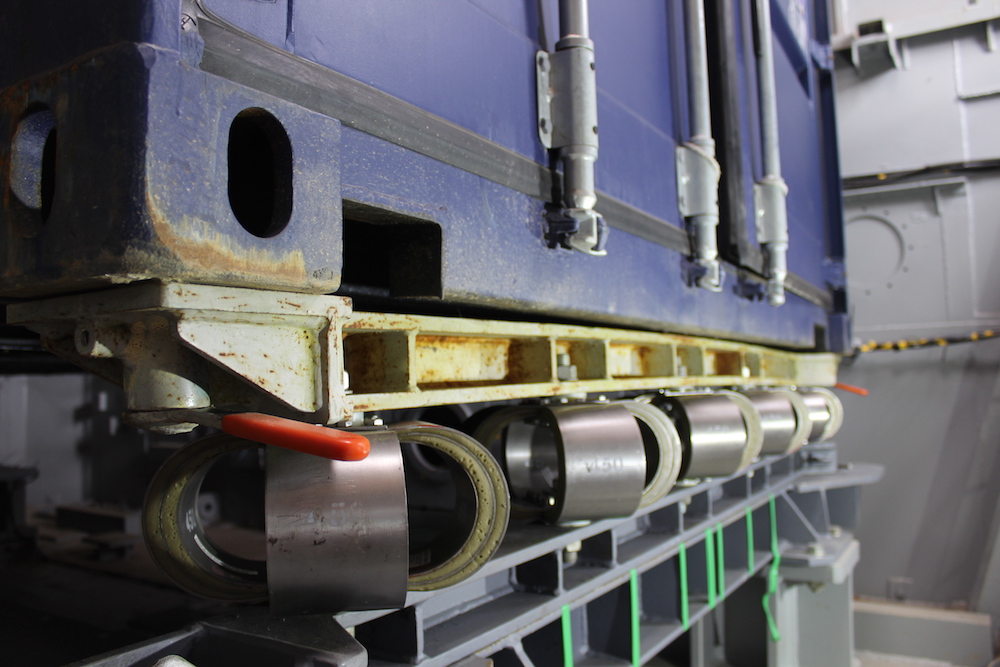
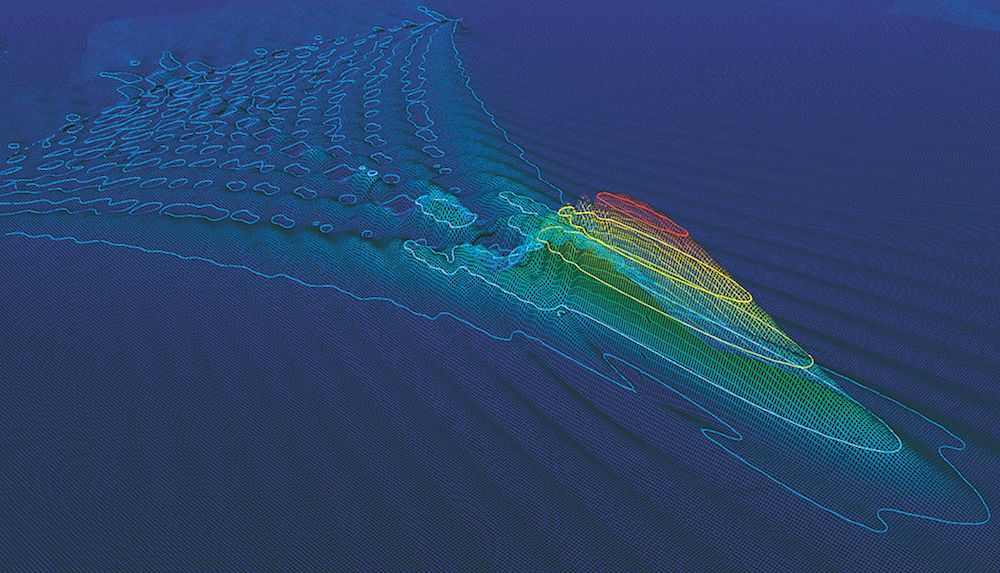 PZFlex is a multi-application virtual simulation software package. This model shows a pressure field from a piezoelectric high-intensity focused ultrasound transducer.
PZFlex is a multi-application virtual simulation software package. This model shows a pressure field from a piezoelectric high-intensity focused ultrasound transducer.
Related Stories
AEC Tech | Oct 23, 2020
Risk mitigation: Seeing the forest and the tree
This case study highlights how new data analysis tools can be successfully leveraged to gain insights into some of the more abstract aspects of building evaluations.
Architects | Oct 14, 2020
The Weekly Show: AI for building facade inspections; designing a world-class architecture firm
The October 15 episode of BD+C's "The Weekly" is available for viewing on demand.
Smart Buildings | Oct 1, 2020
Smart buildings stand on good data
The coming disruption of owning and operating a building and how to stay ahead through BIM.
Digital Twin | Aug 27, 2020
The Weekly show: Digital twin technology and social equity in the AEC market
The August 27 episode of BD+C's "The Weekly" is available for viewing on demand.
AEC Tech | Apr 13, 2020
A robotic dog becomes part of Swinerton’s construction technology arsenal
Boston Dynamics, the robot’s creator, has about 100 machines in the field currently.
AEC Tech | Mar 30, 2020
Will 3D printing be an answer for building more affordable homes?
A project in southern California will put onsite fabrication to the test against other construction modes.
AEC Tech | Mar 23, 2020
Working from home? Don't miss out on the latest issue of Building Design+Construction
BD+C's March issue features the largest and most important technological innovations across the AEC industry.
AEC Tech | Mar 17, 2020
A tree grows in Stanford: CIFE, VDC, and where it all began
As our industry adopts VDC as standard practice, it is important to remember where these ideas began and continue to emanate from today.
AEC Tech | Mar 10, 2020
No labor. No infrastructure. No problem.
OpenSpace’s AI-based reality capture tool looks to make site documentation a completely passive experience.
Healthcare Facilities | Mar 9, 2020
Mobile wayfinding platform helps patients, visitors navigate convoluted health campuses
Gozio Health uses a robot to roam hospital campuses to capture data and create detailed maps of the building spaces and campus.


